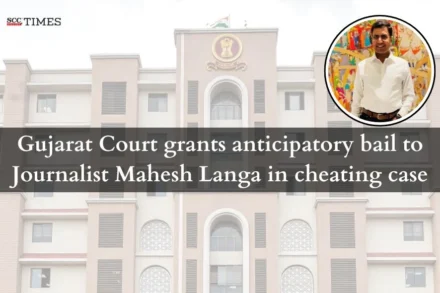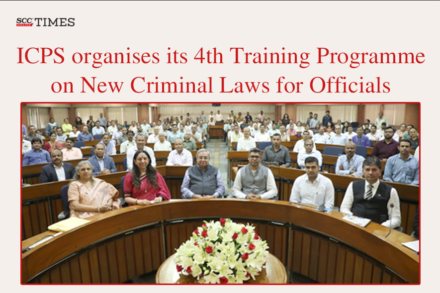
Mere suspicion of extra-marital affair, however morally reprehensible, does not per se amount to abetment of suicide: Delhi HC grants bail to a man accused u/s 498A, 304-B IPC
Even after assuming, that such relationship existed between petitioner and his sister-in-law, or demeaning language in reference to the deceased, was exchanged via WhatsApp between them, these facts, stand alone, do not, prima facie, disclose the specific ingredients of cruelty or harassment related to dowry demand.




